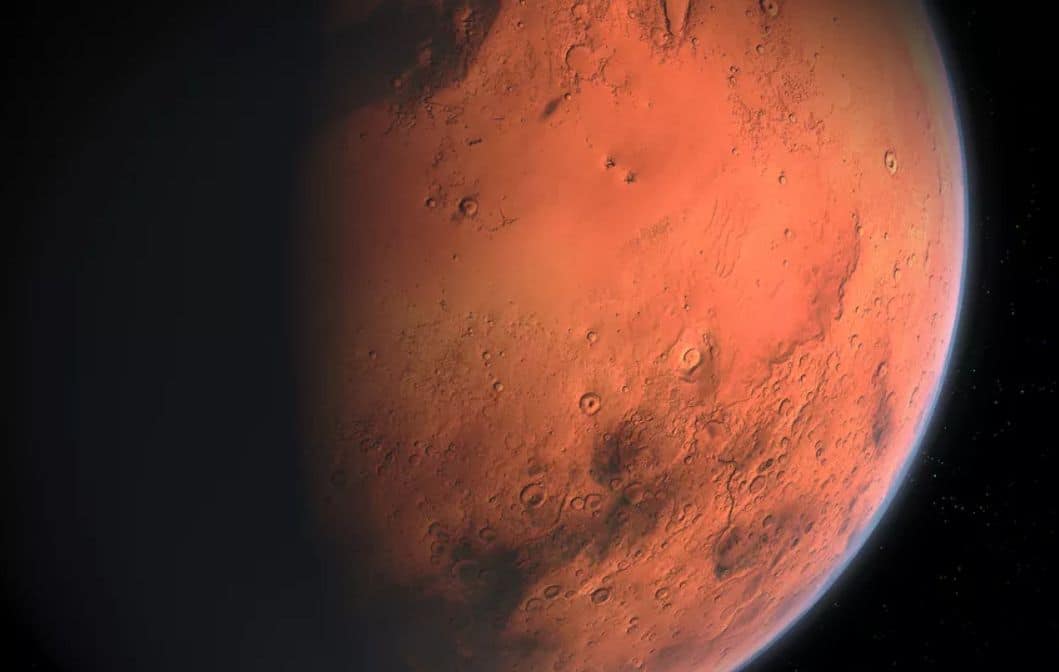A fungus capable of absorbing radiation, found at the Chernobyl nuclear power plant, could potentially be used to protect future human colonies on Mars.
One of the biggest obstacles on the way to manned missions to Mars, and their subsequent colonization, is protecting astronauts from deadly cosmic rays. Although it is possible to build shields with stainless steel and other such materials, they must be shipped from Earth, which depends on a complex and expensive operation.
However, experiments carried out on the International Space Station (ISS) have shown that Cryptococcus neoformans is capable of absorbing cosmic rays. Found in abundance around the Chernobyl nuclear power plant, this fungus is capable of carrying out a process known as radiosynthesis. That is, it can absorb radiation and convert it into chemical energy, the research details.
The fungus sample tested on the ISS was only two millimetres thick, but was able to block and absorb 2% of space radiation. Scientists believe that a 21-centimetre layer of these self-replicating fungi would be enough to protect future colonizers of the red planet.
In January of the current year, NASA reported that it is carrying out a project to create future space homes made of mushrooms. The idea, according to the space agency, is that in the future, humans can “can bring a compact habitat built out of a lightweight material with dormant fungi that will last on long journeys to places like Mars. “
“Upon arrival, by unfolding that basic structure and simply adding water, the fungi will be able to grow around that framework into a fully functional human habitat – all while being safely contained within the habitat to avoid contaminating the Martian environment.” explained the NASA on the occasion.
